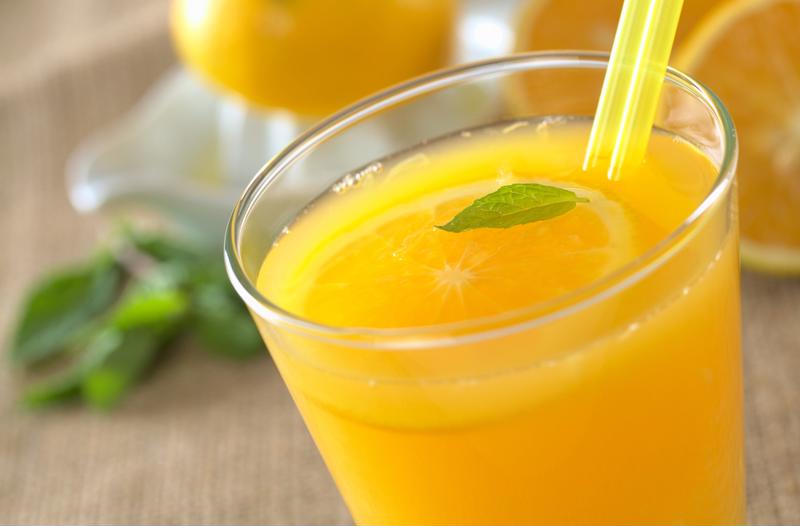It’s not just your brain and your muscles that require regular nutrition — your teeth do, too. From the calcium that’s found in milk to the phosphate in cheese, foods contain a wide variety of vitamins and minerals that your mouth and your teeth need to maintain their strength and overall functionality.
But as you can probably imagine, there are lots of foods that are tough on teeth, causing staining, cavities and enamel erosion. As tasty as they may be, here are a few of the foods that are bad for your teeth and why that’s the case. Some of these you may not be surprised by, but others you may be.
1. Sour candies
Here’s the one that you likely already knew about. Candy is delicious, but the reason why it tastes so good is also the reason why it’s so bad for your teeth: sugar. Sugar contributes to the formation of plaque, which is a very thin film that forms around the teeth. Plaque is the leading contributor to cavities because it produces bacteria that attacks the enamel lining the teeth. Even though enamel is the hardest substance in the human body, it’s not impenetrable, especially when sugar is consumed in large amounts.
But some candies are worse for your teeth than others. Sour candies, for example, not only produce more acids than do chocolates, but they also tend to be chewy. Chewy candies have a tendency to adhere to the teeth, making it easier for cavities to form because of the plaque that candy produces from its high sugar content.
It’s best to eat candy sparingly, but if you have it now and then, try to eat candy that isn’t as harsh for your teeth, such as chocolate. Depending on the type you select, chocolate doesn’t stick quite as much and enhances saliva flow, which helps to sweep away food particles.
2. Alcohol
A well hydrated mouth is a healthy mouth. In addition to all the physical health benefits of water, a lesser-appreciate benefit is washing away food particles.
But a beverage that actually does the opposite of water is alcohol. This may seem counterintuitive — considering that champagne or beer are beverages and beverages are fluids — but alcohol as a substance actually causes the mouth to dry out because it’s a diuretic, similar to caffeine in terms of how it reacts with the body. A dry mouth limits saliva flow, which you need to clear the mouth of the bacteria that contributes to cavity formation and tooth decay.
Try to limit alcoholic beverage consumption as much as you can and drink water instead. It’s better for your overall health and your oral health as well for the reasons mentioned.
3. Citrus
Be it in the form of oranges, orange juice, grapefruit or a slice of lemon, citrus is undeniably loaded with great vitamins and minerals that are particularly effective for your immune system. Just one medium-sized orange has over 80 milligrams of vitamin C, which is nearly the amount that health experts suggest the average person should consume daily.
The problem with citrus is it’s highly acidic. Acidic foods and beverages are harsh on teeth because they strip away enamel. Again, enamel is the hardest surface in the body, so it takes a lot for it to be badly damaged. But the problem is many foods and beverages are highly acidic. Citrus just so happens to be among those that are more acidic than others.
Does this mean you should avoid oranges, lemons and limes, much like you would for candy? No, but what you should do is to limit your intake. Additionally, if you like to have a glass of orange juice in the morning, rinsing your mouth out with water afterward can reduce the acidity.
 Orange juice is great for a strong immune system, but it’s not without its inherent weaknesses.
Orange juice is great for a strong immune system, but it’s not without its inherent weaknesses.4. Dried or dehydrated fruits
This is another one that you may be surprised to learn is bad for your teeth, considering dietitians often recommend it as an alternative to “empty calories” foods like potato chips or crackers.
While no one denies they’re more nutrient dense, the problem with dried fruits is actually twofold: table sugar is often added to them and they’re chewy. Chewy foods have a tendency to stick to the teeth, so the sugar that’s left behind can lead to plaque buildup.
Instead of dried fruits that are sold in stores, you may want to consider dehydrating your own (making sure not to add sugar to them) or just eating regular fruit. For example, apples are great for the teeth because of their high water and fiber content.
A big part of maintaining a healthy smile is keeping up with a healthy diet. City Dentists in Wellington can help you make smarter food choices and develop a brighter smile all naturally, when complemented with regular flossing and brushing. Contact us today to schedule an appointment or book one online.
